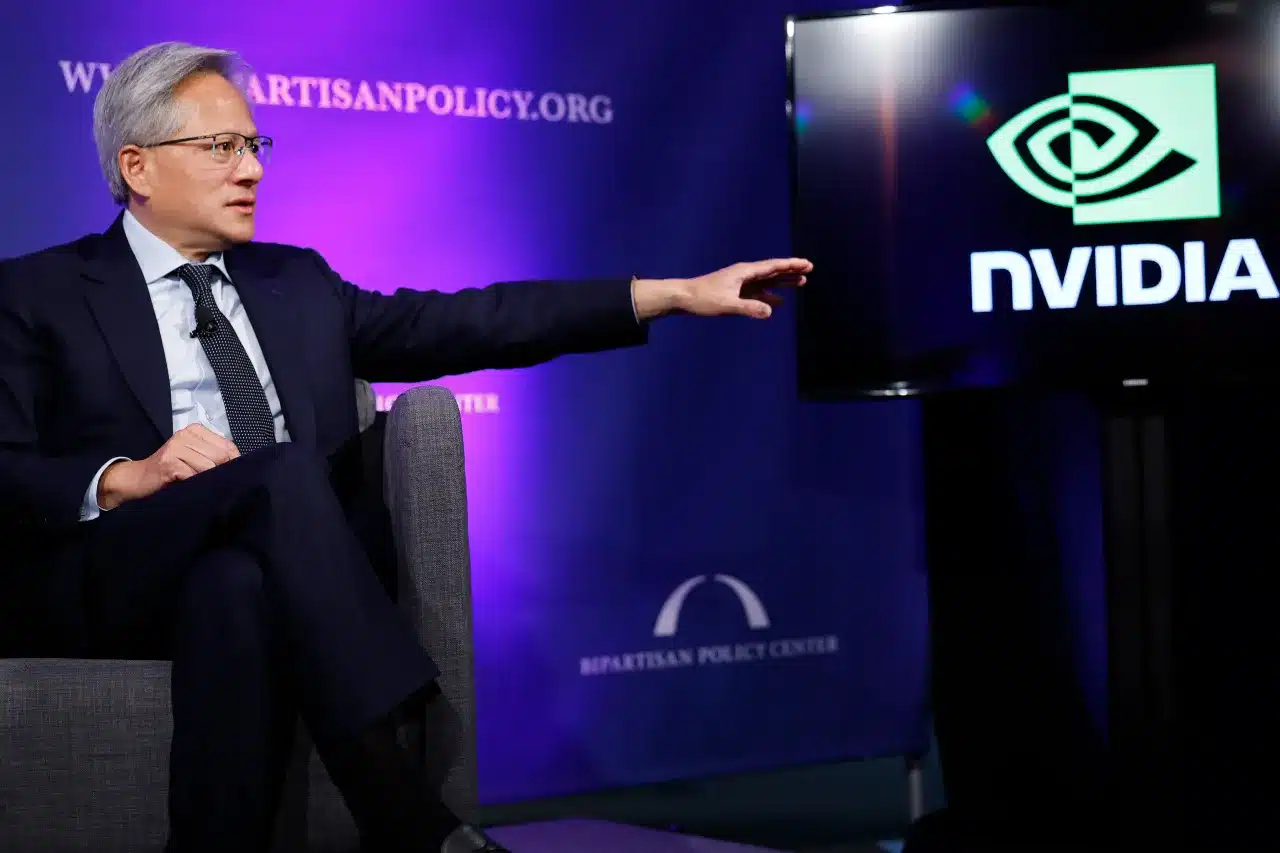Jensen Huang Expresses Disappointment Over China’s Reported Ban on Nvidia Chips

The CEO of Nvidia, Jensen Huang, has expressed his disappointment over reports that China has instructed its leading technology firms to stop purchasing the company’s artificial intelligence (AI) chips. Speaking to BBC News, Huang emphasized the importance of global access to technology, including for China, and stated that the advancement of human society should not be viewed as a zero-sum game. His comments come amid a backdrop of ongoing trade discussions between the United States and China, as President Donald Trump prepares to meet with Chinese President Xi Jinping.
China’s Directive on Nvidia Chips
Recent reports from the Financial Times indicate that China’s Cyberspace Administration has ordered local tech companies to cease the use of Nvidia chips specifically manufactured for the Chinese market. This directive follows a series of complex trade negotiations between the U.S. and China, which have seen Nvidia at the center of geopolitical tensions. The company, a leader in chip manufacturing, had previously faced a ban on selling its most advanced chips to China, a restriction that was lifted by President Trump in July. However, the new order from China raises concerns about the future of Nvidia’s business in the region, especially as shares of the company fell by more than 1% in premarket trading following the news.
Nvidia’s Role in the AI Landscape
Nvidia has become a pivotal player in the global AI boom, with its chips powering data centers worldwide. The company’s technology is crucial for various applications, including machine learning and data processing. However, China’s ambitions to establish itself as a competitor in the AI sector have led to the development of its own chips, aiming to reduce reliance on U.S. technology. Major Chinese firms such as DeepSeek, Tencent, and Alibaba had previously ordered Nvidia chips, but the recent directive halting these purchases could significantly impact Nvidia’s revenue from the Chinese market.
Geopolitical Context and Future Implications
Huang’s comments reflect a broader sentiment in the tech industry regarding the need for cooperation between the U.S. and China. He noted that both President Trump and President Xi Jinping desire success for their respective countries, suggesting that a collaborative approach could benefit both nations. As trade talks continue in Europe, the outcome of these discussions may have lasting implications for companies like Nvidia. Huang has expressed his willingness to support U.S. efforts to navigate these geopolitical challenges, indicating that he would communicate this perspective to President Trump during their upcoming meeting.
Nvidia’s Investments in the UK
Despite the challenges posed by the Chinese market, Nvidia remains committed to expanding its presence in the UK. The company recently announced investments as part of a tech pact with the UK government, which includes supplying chips for the Stargate UK data center set to open in northeast England. This collaboration involves partnerships with other tech giants like OpenAI, Arm, and NScale, highlighting Nvidia’s ongoing efforts to strengthen its global footprint while navigating complex international relations. As the tech landscape evolves, the interplay between U.S. and Chinese policies will continue to shape the future of companies like Nvidia.
Observer Voice is the one stop site for National, International news, Sports, Editor’s Choice, Art/culture contents, Quotes and much more. We also cover historical contents. Historical contents includes World History, Indian History, and what happened today. The website also covers Entertainment across the India and World.
Follow Us on Twitter, Instagram, Facebook, & LinkedIn

